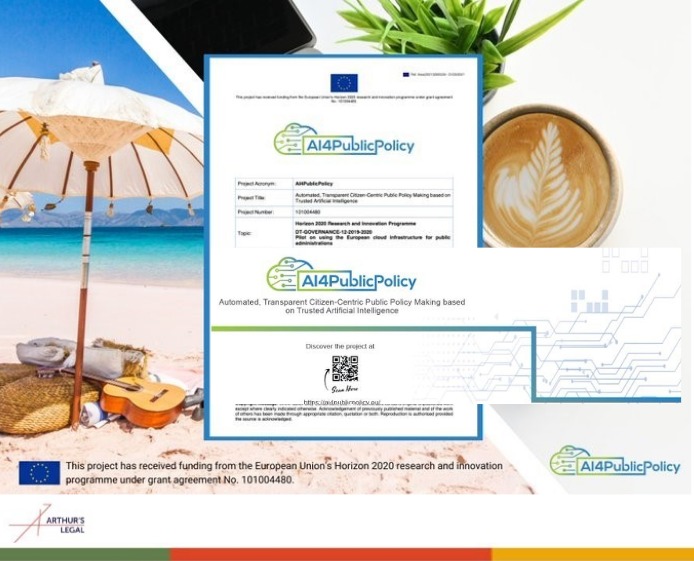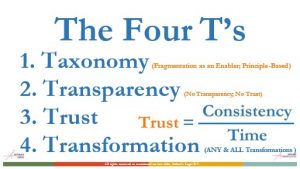How to Enable Trustworthy Data-Driven Policy Making and Effective Citizen Participation?

A Stakeholder-centric Approach to tech supported Human Intelligence
The EU project AI4PublicPolicy investigates if and how to use artificial intelligence (AI) in public policy engagements with the relevant stakeholders. It aims to enable public policies that are based on actual data, on citizen participation and best practices shared across Europe.
Public policy based on data is presumed to enhance transparency and accountability, given that policy makers and citizenry alike could rely on a rich information base that will help to explain their decisions and justify their choices.
However, building technically functioning solutions is not enough. They need to be trustworthy, safe, inclusive, assured and accountable. This means a consistent focus on these non-functionals to be designed, embedded and implemented in any technology, by default. And, on the other side, to use the technology in accordance with a shared set of values and ethics.
Tailored solutions to local needs
Regarding the limits of technology, we should keep in mind that using data, or even some sort of automatic processing of data, to make or propose ‘state of the art’ solutions cannot be considered a single silver bullet to solve particularly entrenched social issues. An algorithm will not save our problems without collective goodwill, understanding, appreciation and monitoring.
Automatic processing of data, or simply, a data driven approach to public policy can suggest ideal solutions that do not necessarily fit the local context. In this sense, it should always be left to human intelligence to strike the balance between what is ideal and what is possible in consideration of the local needs and local history.

Figure 1 – The Four T’s
Where is the data?
Data does not fall from the sky, but from an extended and prolonged data collection process. The latter, for instance, can occur using already existing databases (i.e. historical data) or data being collected by sensors (i.e. real time data). Data collection should occur with a specific – and limited – purpose, pursuant to the principle of ‘purpose limitation’. Data collection also means developing more effective collaborations between different stakeholders that already possess data or the means to obtain, derive or combine them. Sharing information, experiences or attributes.
How to enable citizen participation?
When it comes to collaboration and using technology in accordance with our values and ethics, citizens participation and engagement are paramount. Citizen participation should be enabled and facilitated in a sustainable way, by providing a wider information basis, direct access to sources of knowledge and clear and streamlined procedures of participation. Citizens may want to express themselves without fearing that the information they are sharing (their opinions) will be used, on a later stage, against them. Therefore, civic participation that ensures a high level of privacy, also including anonymisation, should be preferred.

Figure 2 – People & Society at the centre
Trust is not a five-letter word
These and other considerations all boil down to five letters: trust. Trust and related trustworthiness are always the main enablers, also in any information sharing by and within any community. Does one have the appropriate level of trust in the assets, trust in its own competences, trust in the organisations, trust in the community involved, trust in the technical systems, and trust in the ecosystem at large? The right level of trust both brings the courage, confidence and comfort to engage, and share.
Next generation policy making, that works
Data-driven policy making supported by robust engagement of citizens is a complex challenge for which there is not a single solution. Digital transformation will, however, become part of the next generation policy making, so it is good to design, try, test, practice, double-loop and continuously optimise these processes. Therefore, in this blog, we pointed out some main challenges and related enablers to address those and what should be kept in mind for delivering trustworthy data-driven policy making, that truly works and do not lead to unpleasant surprises.
